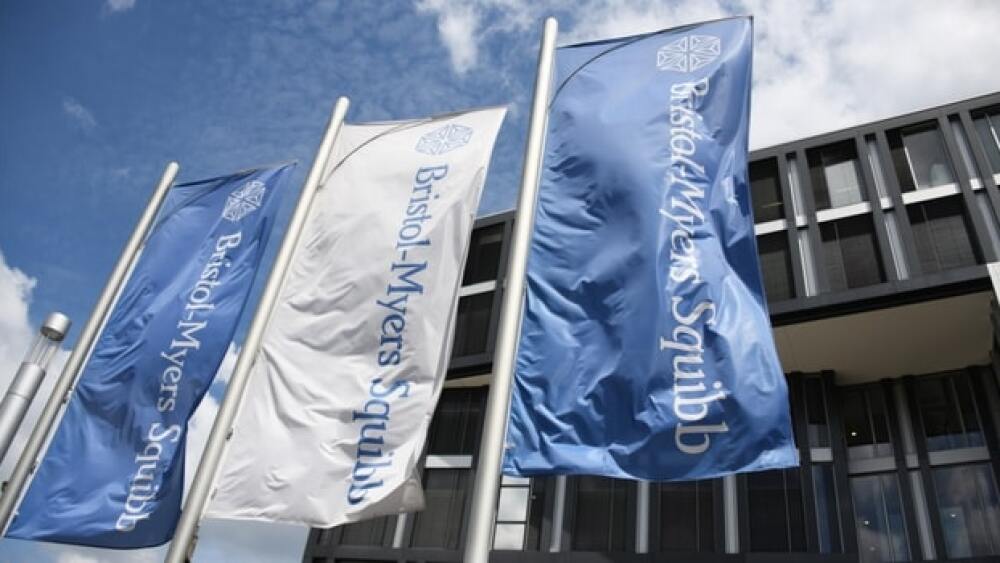Owkin and BMS signed a deal to utilize Owkin’s artificial intelligence capabilities to carry out more targeted and efficient clinical trials on a wide range of therapeutic candidates.
Courtesy of nitpicker/Getty Images
Owkin and Bristol Myers Squibb have signed a deal to utilize Owkin’s artificial intelligence capabilities to carry out more targeted and efficient clinical trials on a wide range of therapeutic candidates for hard-to-treat diseases.
The multi-year collaboration sees Owkin receiving $80 million in aggregate upfront, plus BMS’ Series B-1 equity investment. The French-American startup also stands to receive a further $100 million or more depending on milestones achieved. Initially, the partnership will focus on finding therapies for cardiovascular diseases, but the two companies said they are open to exploring more areas.
“Our collaboration could prove transformational for patient outcomes and scientific progress, making machine learning solutions an integral part of the clinical trial process,” Gilles Wainrib, co-founder and chief scientific officer at Owkin said in a statement.
Under the terms of the deal, BMS will employ data from a wide network of academic medical centers and advanced machine learning techniques to improve the design and execution of clinical trials.
Using Owkin’s AI-powered technology, studies can gain optimized endpoint definitions, patient subgroups and treatment effect estimations, among others. Proceeds from the Series B investment will be used to enhance Owkin’s data generation initiatives, particularly those involving advanced spatial single-cell omics technologies.
“We look forward to collaborating with Owkin to extend our applications of AI and machine learning to enhance our discovery and development programs with high-quality, diverse data from clinical and real-world sources. Cardiovascular disease is an area of significant unmet need and where we have the opportunity to use technology in new ways to further accelerate potential breakthroughs for patients who are waiting,” Venkat Sethuraman, senior vice president of global biometrics and data sciences at BMS, said in a statement.
BMS is the latest in a roster of big pharma companies venturing into AI to create more efficient drug discovery and development programs.
In 2021, Roche signed a multi-billion dollar deal with Recursion to access the Recursion Operating System and Recursion Map to develop as many as 40 new medications for oncology and neuroscience. Recursion already has at least four projects in its pipeline, covering indications such as familial adenomatous polyposis, GM2 gangliosidosis, neurofibromatosis type 2 and cerebral cavernous malformation. Given the scope and scale of this agreement, the firms said they expect to be in partnership for at least a decade.
And in January 2022, Sanofi inked an agreement worth about $5.2 billion with Exscientia to use the latter’s AI capabilities to develop up to 15 new small-molecule medicines for immune-related illnesses and cancer.
Exscientia will be responsible for small-molecule drug design and lead optimization activities up to candidate nomination, while Sanofi will lead preclinical and clinical development, manufacturing and commercialization activities. The company is the first to advance AI-designed small molecules into the clinical setting and currently has three drugs in Phase I human clinical trials.
Featured Jobs on BioSpace





